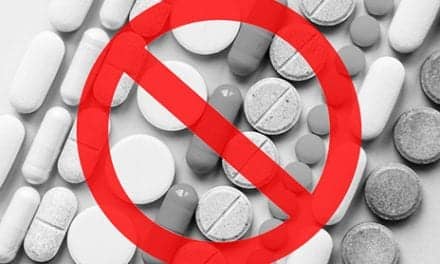Mitsubishi Tanabe Pharma America Inc announces a collaboration with the Massachusetts General Hospital (MGH) Neurological Clinical Research Institute (NCRI) to conduct a study designed to identify and measure specific biomarkers in people with amyotrophic lateral sclerosis (ALS).
“We are honored to be working with the team at MGH on our first clinical trial in the US,” says Stephen Apple, MD, senior medical director, Medical Affairs, MTPA, in a media release.
“This biomarker trial has sparked exponential interest in the ALS community, and with the help of MGH, we hope to further our understanding of the potential role these measures may have in evaluating a treatment response.”
The ALS biomarker study, which will be sponsored by MTPA and led by MGH, has been designed to have 200 patients complete six cycles (24 weeks) of treatment, and will be conducted at up to 40 sites across the country. Findings may assist with identifying specific biomarkers as quantifiable, biological, non-clinical measures for the treatment effect of edaravone in people with ALS. The first biomarker study patient is anticipated to be enrolled late spring of 2019, with early interim analyses planned for later in the year.
“ALS is a complex disorder with diverse pathophysiology, and we do not currently have validated biomarkers for diagnosing or following ALS progression,” said study Primary Investigator James Berry, MD, MPH, MGH NCRI, Boston.
“This study will broaden our understanding of numerous biomarkers that may be associated with ALS, including those for oxidative stress, inflammation, muscle and neuronal injury and death. It will increase our understanding of ALS and of the biological effects of edaravone in people with ALS undergoing therapy.”
The biomarker study is a 24-week, prospective, observational, longitudinal, multicenter study. All participants will be newly prescribed commercial RADICAVA (edaravone) and, once enrolled in this study, biomarker and clinical assessments will be obtained prior to initiating RADICAVA, as well as at start of treatment and at pre-specified time points throughout the study. Patient biomarker data and disease progression assessments will be compared to samples stored at biorepositories and progression models, respectively, the release explains.
The study will evaluate the following biomarkers:
- Oxidative stress – 4-hydroxynonenal (4-HNE), 8-Isoprostanes, 3-nitrotyrosine (3NT), 8-hydroxy-2′-deoxyguanosine (8OHdG), urate
- Inflammation – matrix metalloproteinase-9 (MMP-9)
- Neuronal injury and death – neurofilament (Nf) heavy and light chain proteins, urinary neurotrophin receptor p75
- Muscle injury – creatinine
[Source(s): Mitsubishi Tanabe Pharma America Inc, PR Newswire]





